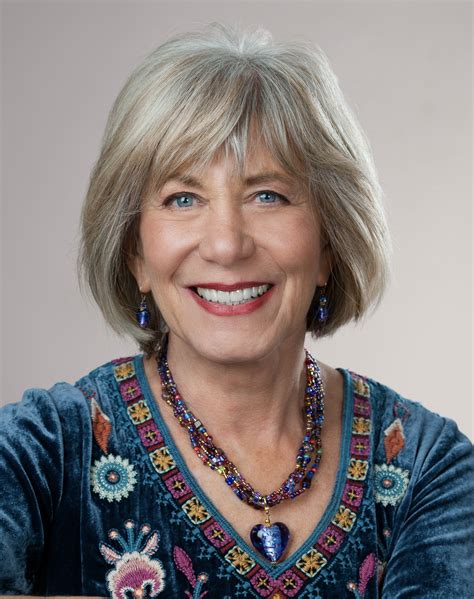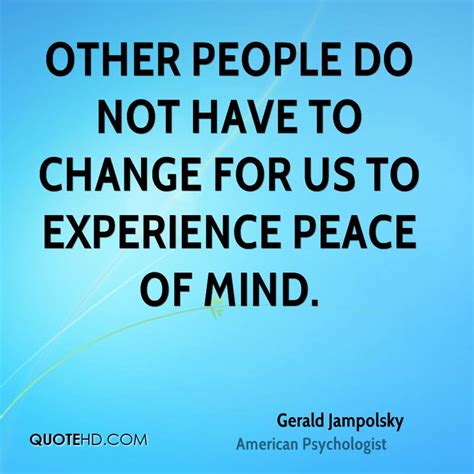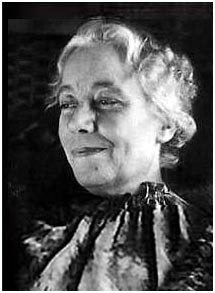A Quote by George Eliot
There is hardly any mental misery worse than that of having our own serious phrases, our own rooted beliefs, caricatured by a charlatan or a hireling.
Related Quotes
Heroes are necessary in order to enable the citizens to find their own ideals, courage and wisdom in the society. The hero carries our hopes, our aspirations, our ideals, our beliefs. In the deepest sense the hero is created by us; he or she is born collectively as our own myth. This is what makes heroism so important: it reflects our own sense of identity and from this our own heroism is molded.
More and more people are beginning to feel that there must be another way of thinking, perceiving, and acting. And perhaps the beginning of another way of looking at the world is to re-evaluate all of our beliefs. It is, after all, our beliefs that determine what we are, experience, and expect. When we are willing to take a new look at our own beliefs, we then have an opportunity to begin rediscovering who and what we are and to redetermine our true purpose on Earth.
Perhaps that is our doom, our human curse, to never really know one another. We erect edifices in our minds about the flimsy framework of word and deed, mere totems of the true person, who, like the gods to whom the temples were built, remains hidden. We understand our own construct; we know our own theory; we love our own fabrication. Still . . . does the artifice of our affection make our love any less real?
To experience conflicts knowingly, though it may be distressing, can be an invaluable asset. The more we face our own conflicts and seek out our own solutions, the more inner freedom and strength we will gain. Only when we are willing to bear the brunt can we approximate the ideal of being the captain of our ship. Spurious tranquillity rooted in inner dullness is anything but enviable. It is bound to make us weak and an easy prey to any kind of influence.






































